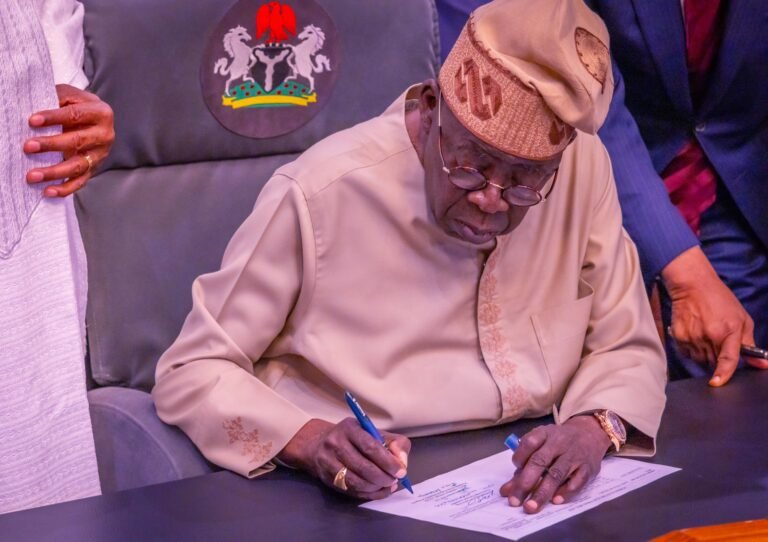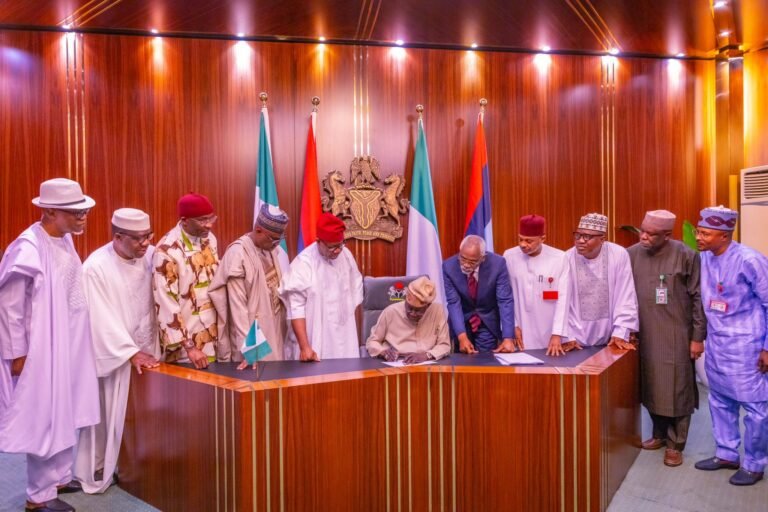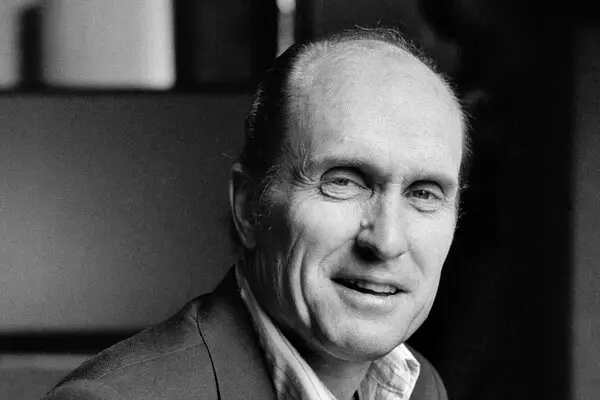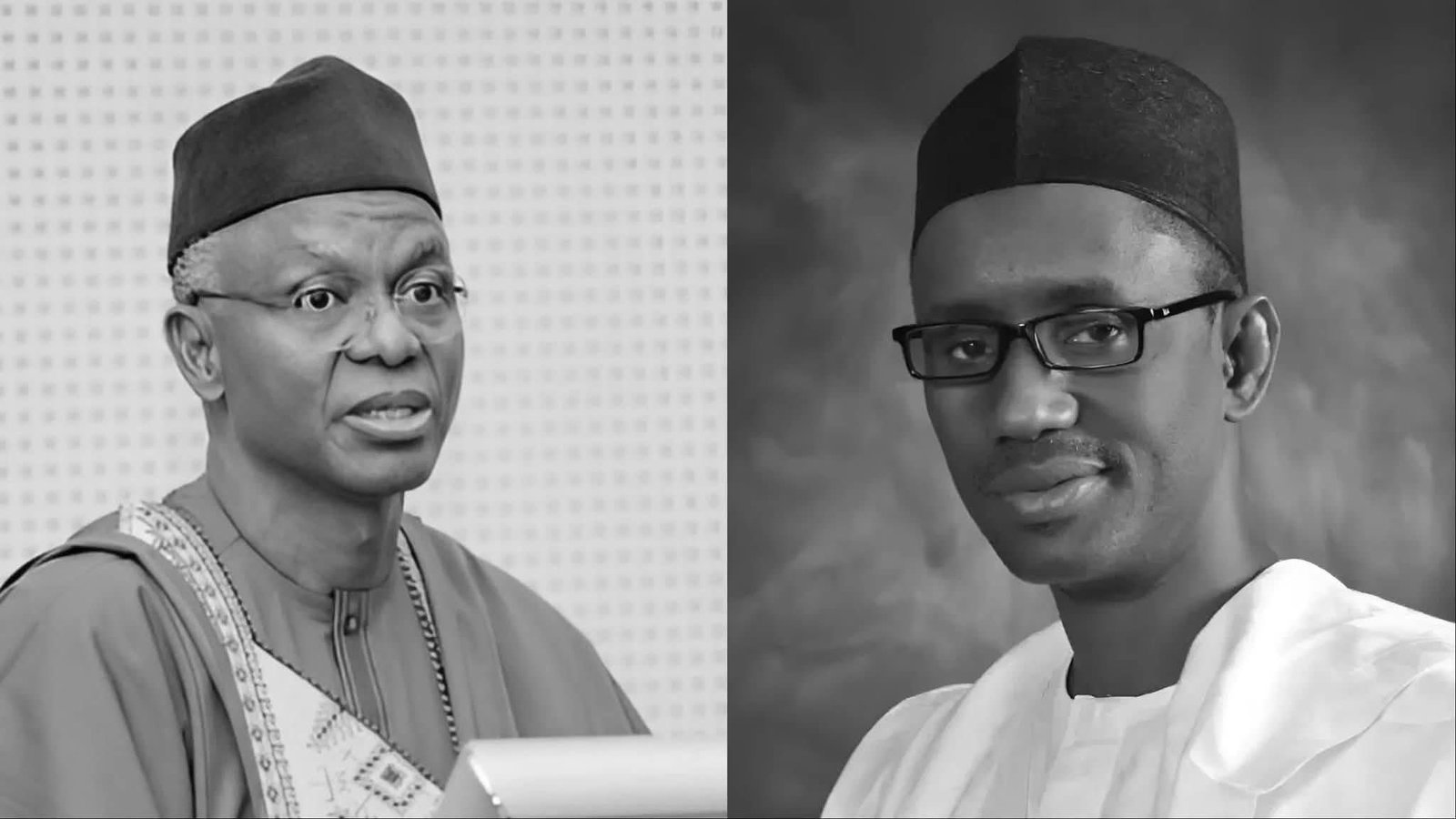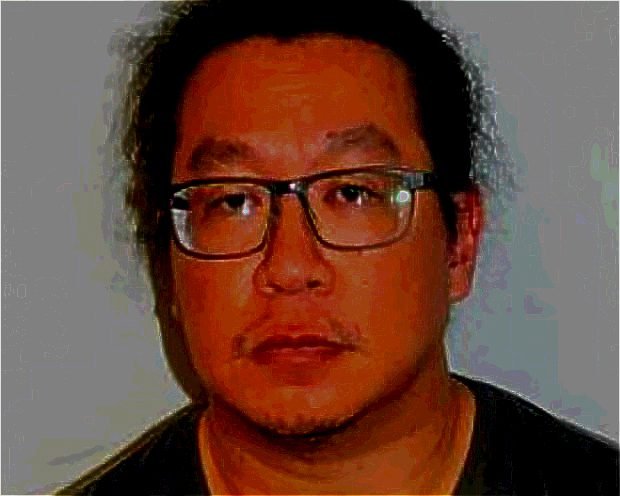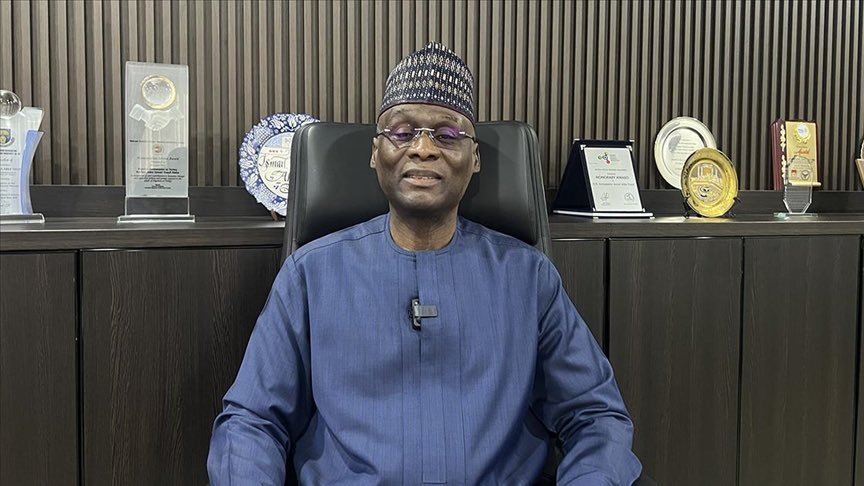Former Minister of Transportation Rotimi Amaechi has officially parted ways with the All Progressives Congress (APC).
Amaechi confirmed his resignation from the APC on Tuesday night, citing the party’s failure to address widespread corruption within its ranks.
Speaking at the unveiling of the African Democratic Congress (ADC) interim executive in Abuja, Amaechi accused the APC of colluding with the Independent National Electoral Commission (INEC) to manipulate the 2027 elections.
The former minister emphasized that his exit is not merely about opposing the current administration but about addressing Nigeria’s broader crises. He described the nation as “completely destroyed,” with citizens struggling to afford basic necessities amid soaring inflation.
Amaechi’s decision to join the ADC signals his intent to spearhead a transformative movement rather than just a new political party.
He stressed the need for Nigerians to unite and reclaim governance through collective action, not individual ambition.
Nigeria’s economic woes, including rampant inflation and food scarcity, were central to Amaechi’s critique of the federal government’s priorities.
He accused the administration of focusing on election rigging instead of tackling pressing issues like poverty and hunger.
His call for a “movement” reflects a desire to galvanize Nigerians across political divides to address systemic failures. Amaechi’s rhetoric positions the ADC as a platform for grassroots mobilization, aiming to restore hope and accountability.
The defection of a high-profile figure like Amaechi could reshape political alliances ahead of the 2027 elections. His influence as a former governor and minister makes his move a pivotal moment for opposition parties like the ADC.
Amaechi’s allegations against INEC and the APC raise critical questions about the fairness of Nigeria’s electoral system. Political analysts suggest his exit may inspire other disillusioned APC members to reconsider their affiliations.











